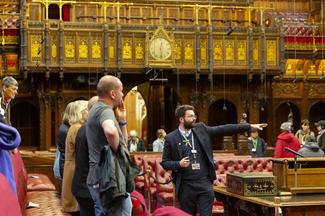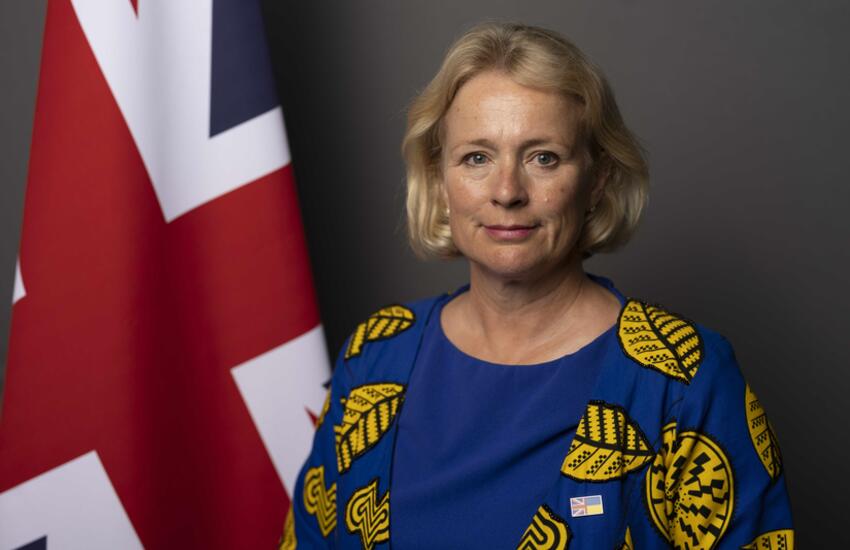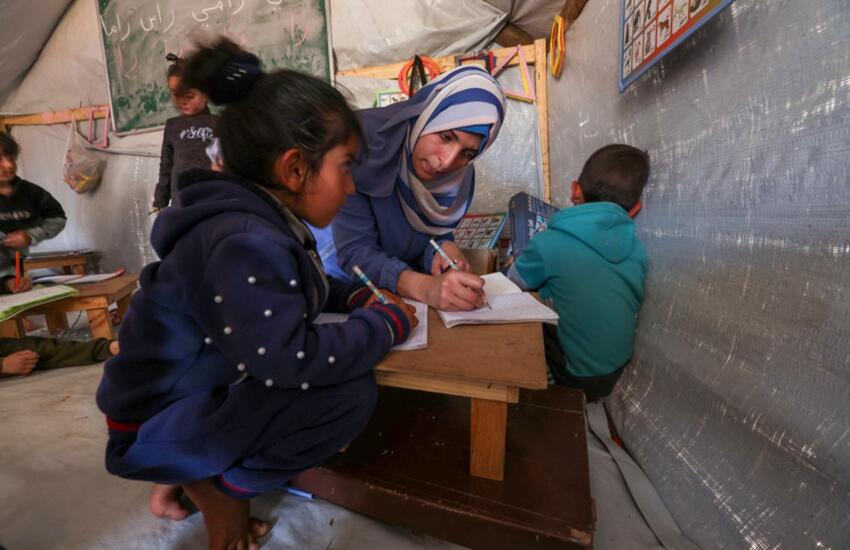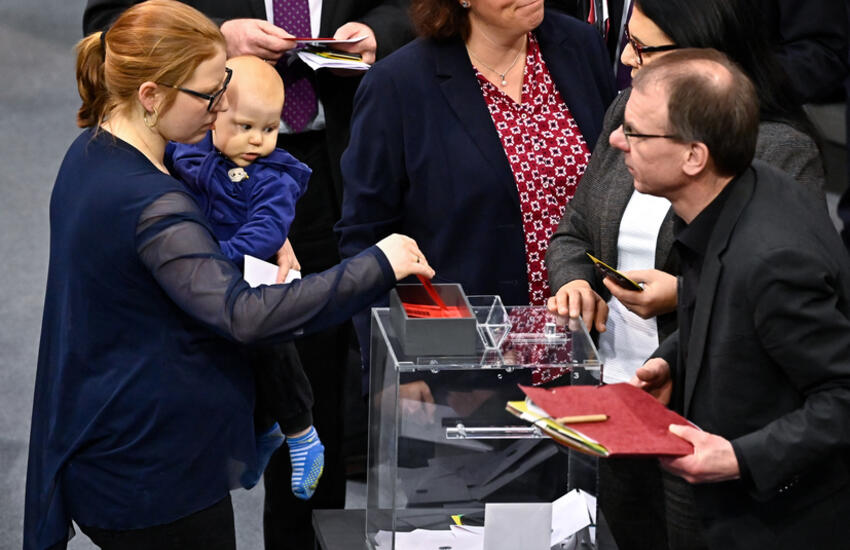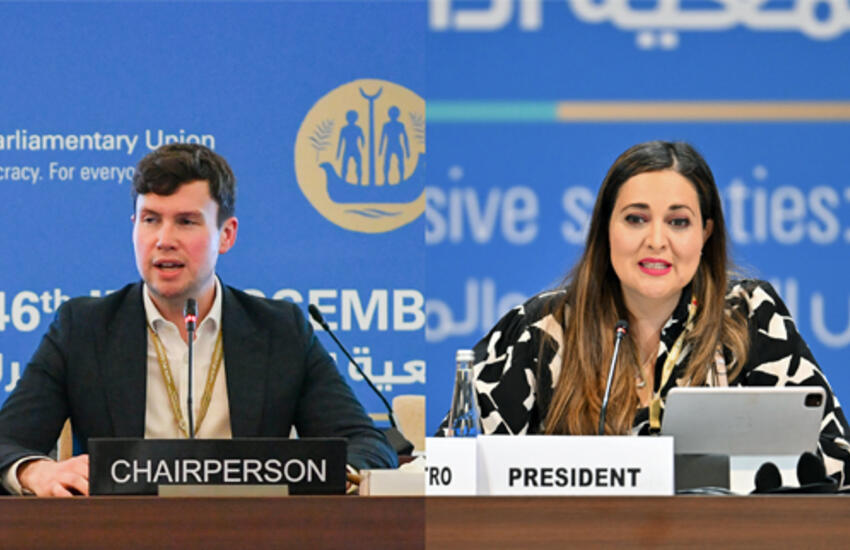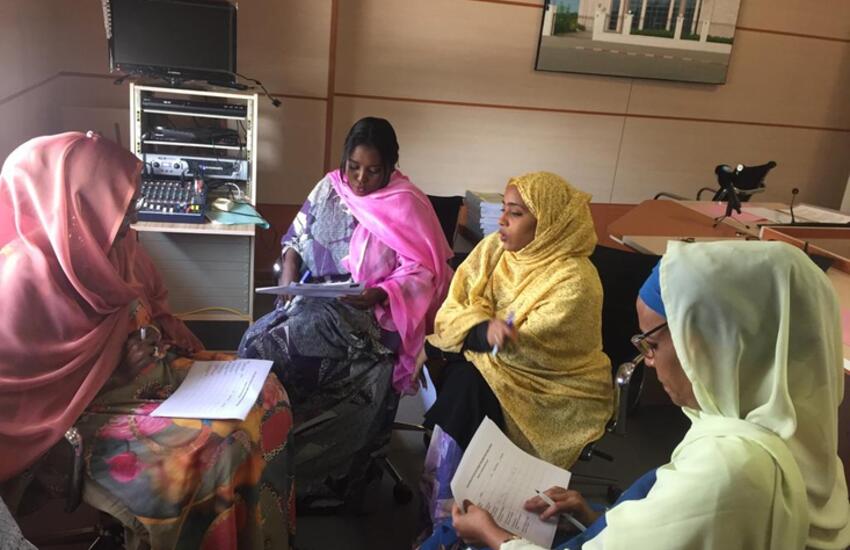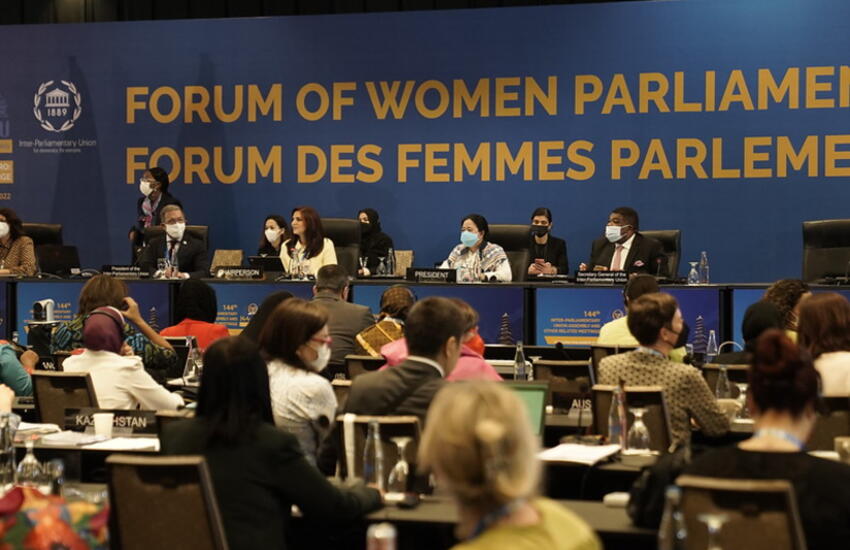In a typical year, the Parliament of the United Kingdom (both the House of Commons and the House of Lords) spends just over £10 million on education and outreach.
In its strategy, the institution describes this approach as “targeted engagement”, where it focuses on identifying and engaging with specific communities who remain under-represented in politics and parliament. This strategy provides a useful example to parliaments because it involves:
- attempting to relate disengaged and hard-to-reach citizens to parliament
- educating youth
- meeting citizens where they are, outside of parliament
- working with local partners to target participants and content
Since the 2011 Hansard Society report, Connecting citizens to parliament, was published, parliament has shaped its public engagement strategy by targeting specific disengaged groups including:
- Youth: who may have lower levels of knowledge about politics and are less likely to participate in [formal] political activities, be on the electoral roll and vote.
- Ethnic minorities: who are less likely to be on the electoral roll (though this is likely due to factors other than ethnicity) and to vote.
- Unskilled workers and the long-term unemployed: who have lower levels of political knowledge, satisfaction with democracy and participation in political activities, and are less likely to be on the electoral roll.
- Women with lower levels of knowledge about politics, who are less likely to be satisfied with the present system of governing.
- People with disabilities: who are more likely to be on the electoral roll than any other group.
The Parliament of the United Kingdom is attempting to bring new voices into the conversation and to make itself more relatable. The Select Committee Engagement Team helps committees in the House of Lords and the House of Commons to put together face-to-face engagement events that extend beyond formal evidence sessions and target groups identified as disengaged, aiming for 60 per cent of the people reached by its events being those who have not engaged previously.
The parliament also runs campaigns that portray parliament in a way that more of the community can relate to. Your Story, Our History – How Laws Affect Lives is an ongoing series of YouTube films, commissioned by parliament and launched in 2016, in which a community member describes a piece of legislation and its practical impact on their life.
The parliament runs several programmes tailored to youth.
- A dedicated education centre: The further the school is from Westminster, the more financial support it receives for a visit. These stipends ensure equitable access for otherwise disengaged young people.
- School visits: For students unable to visit in person, parliament provides digital content about the legislature that are compatible with national curricula. It also arranges visits to schools, in some cases by MPs themselves. Parliament’s Education and Engagement Service engaged with 41 per cent of schools nationally in 2019–2020. 87 per cent of students who took part agreed that they had learned about how parliament’s work related to their day-to-day life.
- Supporting educators: Parliament also has a dedicated teacher training centre.
Not everyone can physically come to parliament. In response to this challenge, the institution conducts targeted engagement by meeting people where they are. The Parliamentary Outreach service has 13 regional offices, which conduct workshops for community groups and organizations. Local teams identify disengaged groups in their region and tailor content accordingly. Ninety-two per cent of event organizers agreed that “this visit has improved my understanding of how my organization can contribute to parliament’s work”.
The public engagement team works with local partners to make sure these initiatives are reaching their target audiences. The teams also use local knowledge to shape content.





